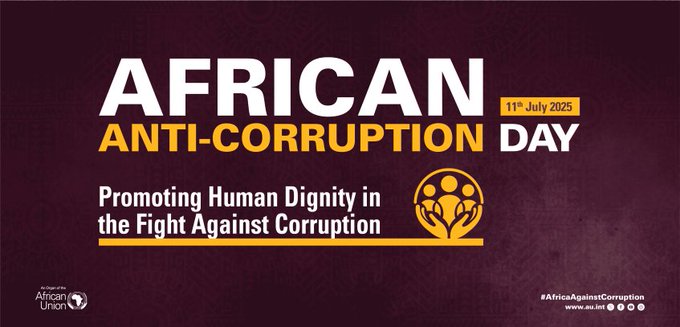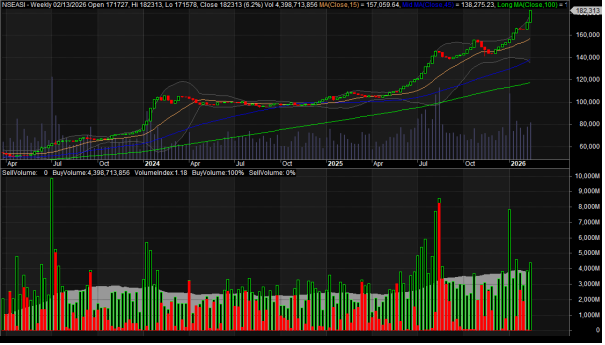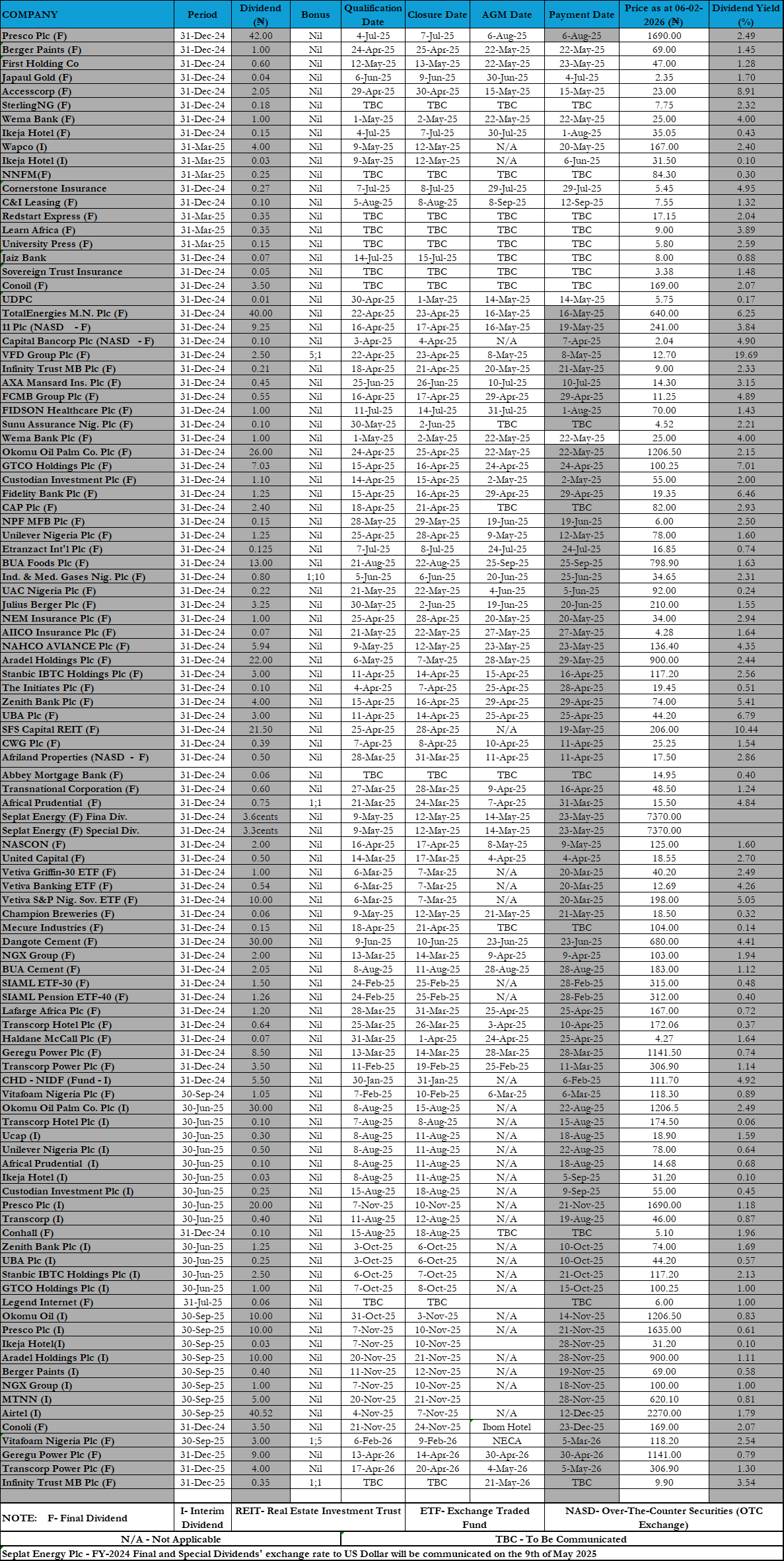
In view of the concerns raised by the Economic and Financial Crimes Commission (EFCC) over the growing threat of virtual asset and investment frauds in Nigeria, citing cases where politicians and corrupt individuals hide stolen funds in cryptocurrency wallets, the Director-General of Nigeria’s Securities and Exchange Commission (SEC), Dr. Emomotimi Agama, in Abuja on Thursday, lamented the growing threat of digital assets fraud, which he said poses a significant challenge to market integrity, undermining investor confidence.
Speaking at an event to mark the African Union’s Anti-Corruption Day with the theme: “Understanding Virtual Assets and Investment Fraud,” said corruption remains a major obstacle to Africa’s economic growth, social development, and attractiveness to investors.
Nigeria has witnessed significant cases of virtual asset fraud, with estimated losses amounting to a princely ₦82.4bn (about $52.6m) in six major fraud cases between 2023 and 2024, including the First Bank fraud where an employee allegedly stole ₦40bn ($29m) into various accounts, including that of his wife. There was also mltiple security breaches involving Flutterwave, resulting in losses of $24 million in unauthorized PoS transactions by merchants; ₦11bn (an estimated $7m) in unauthorized transfer to multiple accounts; ₦2.9bn ($6.3m) funds that hackers stole through multiple unauthorized transfers; and anotherh ₦450m Cryptocurrency transactions breach.
According to him Agama, “today, as digital innovation transforms financial systems, we face new challenges, particularly the rise of virtual asset fraud and sophisticated investment scams exploiting unsuspecting investors. These threats undermine market integrity, erode trust, and divert resources meant for sustainable development”.
The SEC, as a frontline regulator, , he added, remains committed to “strengthening investor education on recognizing and avoiding fraudulent schemes.; Enhancing regulatory frameworks to keep pace with evolving risks in virtual assets and digital investments; and Fostering cross-border collaboration to combat corruption and illicit financial flows”.
He stressed that the Investment and Securities Act (ISA) 2025 introduced key provisions to regulate virtual assets (cryptocurrencies, digital tokens, and other blockchain-based assets) in Nigeria, with Commission as the primary regulator for virtual assets classified as securities or investment products.
Agama stated that all Virtual Asset Service Providers (VASPs) such as exchanges, custodians, brokers must obtain SEC approval and meet capital, governance, and cybersecurity standards.
On risk disclosures, the SEC DG noted that all platforms must warn investors about volatility, fraud, and regulatory risks, warning of stiff penalties for market manipulation, insider trading, and Ponzi schemes.
The ISA 2025, he continued further, “provides a comprehensive legal framework for virtual asset regulation, balancing innovation, investor protection, and financial stability. The SEC will continue to issue guidelines to ensure compliance while fostering a secure digital asset ecosystem.
“We urge all stakeholders—governments, private sector players, civil society, and citizens—to join forces in promoting transparency, accountability, and ethical practices. Together, we can build resilient markets that drive Africa’s prosperity”, he added.
Also speaking at the event, Chairman of the EFCC, Ola Olukoyede, described virtual asset fraud as a fast-evolving threat to national economic security.
He described virtual assets and investment scam as “another rising criminal engagement that has a potential to outpace, even money laundering, on the continent.”













